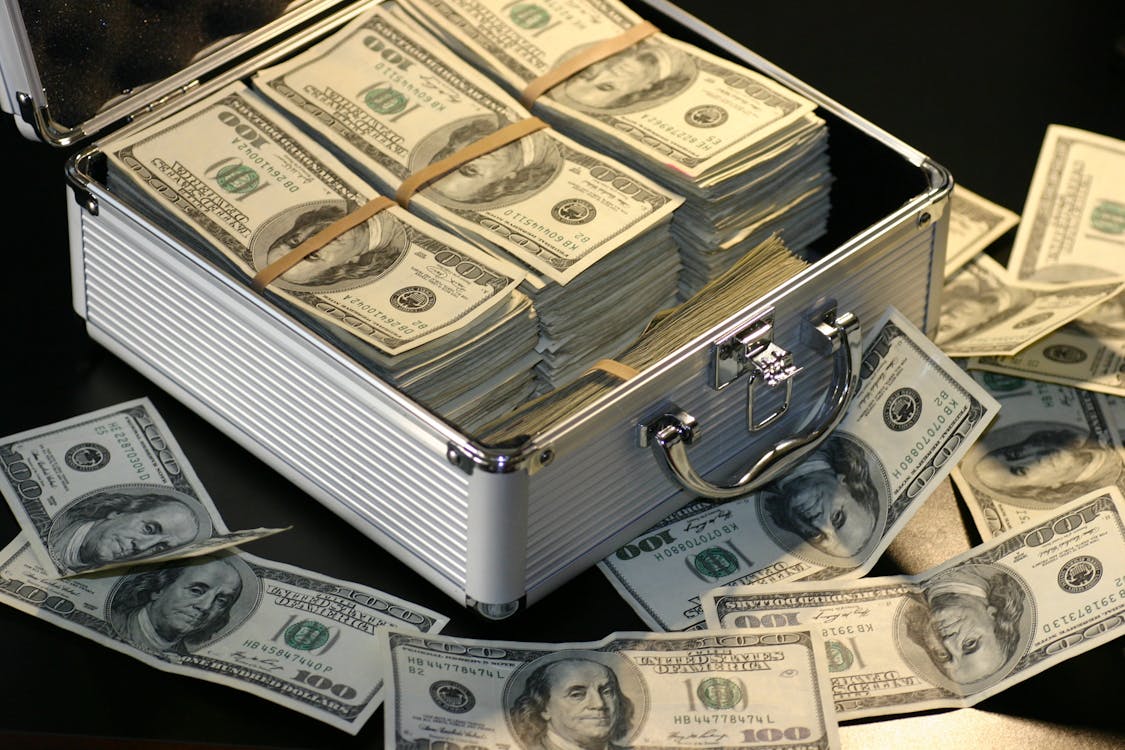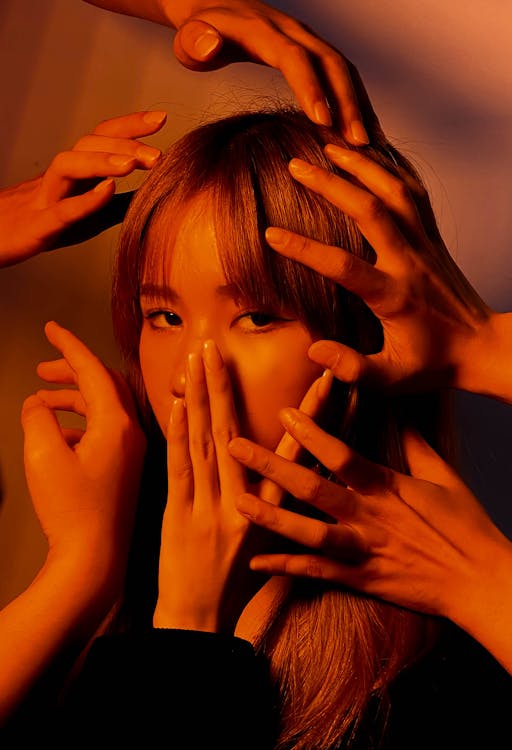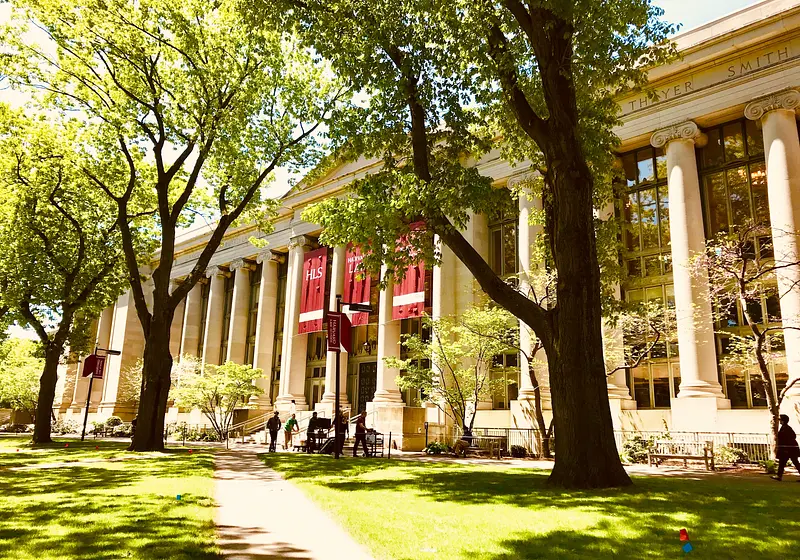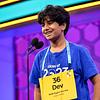Recently, two Ivy League presidents resigned amid antisemitism and plagiarism allegations. Dr. Claudine Gay, the former president of Harvard, plagiarized nearly 50 times in her works. Weeks before, Elizabeth Magill, the former president of UPenn, resigned alongside the chairman of the board of trustees due to controversial antisemitism claims. The fallout from Dr. Gay's resignation extended to other top universities, including MIT. Congresswoman Stefanik tweeted, 'Two down. One to go' immediately after Dr. Gay's resignation, hinting at MIT's president's future resignation.
After Magill’s testimony, over 70 members of Congress sent a letter to the boards of Harvard, MIT, and Penn asking for their presidents to resign. Some donors didn't bother waiting, with Ross Stevens pulling a $100 million donation, detailing that he is "appalled by the University's stance on antisemitism on campus."
It's clear that the Ivy League is in trouble, so here's why I'm happy.
For the Class of 2027, 56,937 students applied to Harvard, and 1,942 got in. That's a 3.5% acceptance rate; around 30 percent of those are legacies. So, it's tough to get into elite universities, and parents understand, so they pay as much as $750,000 to craft the perfect college application from the seventh grade.
This causes immense pressure on teenagers vying for a dream that isn't theirs. Teenagers sometimes internalize this pressure, gatekeeping extracurricular activities, trying to get ahead of their classmates, and destroying their social lives. They spend an entire childhood living a false persona founded upon overused extracurriculars just to join a rat race.

Pixabay from Pexels
But money becomes a means to an end for some in this race. Bribery scandals highlight the extremes, such as a couple paying $25,000 to bribe their son's SAT proctor or Igor Dvorskiy accepting nearly $200,000 for 20 students. The DOJ took matters into its own hands with Operation Varsity Blues, charging fifty-seven people, including Lori Loughlin (she paid half a million to the college admissions board), athletic coaches, test administrators, and wealthy parents.
The pursuit of Harvard, with its approximately $300,000 four-year tuition, stems from the belief that attending will make life easier, even if it means adopting a counterfeit identity. The pressure to excel at college entrance exams, competitions, clubs, and extra classes takes a toll on mental health, fostering toxic mindsets like perfectionism and constant comparison. This, coupled with the challenges of adolescence, robs individuality and self-identity.

Alycia Fung from Pexels
But for the lucky 3.5% that make it to Harvard, what happens next?
For those who achieve the dream, the reality sets in – the more prestigious the school, the higher the expectations. You go from being valedictorian at your high school to walking halls with Olympic figure skaters and children of elitist billionaires. Alex Chang's Ted Talk sheds light on the stress faced by Ivy League students, "There are expectations from friends, family, and everyone around you. If you go to a place like Harvard, or any Ivy League school, you're expected to do well. And you're expected to be that perfect model for everyone else."
There you have it. The testimonial is of a kid who went through all the pressure to get into Harvard just to receive more rocks on their shoulders. When you see Dr. Gay, an academic who averted this pressure by plagiarizing entire sections of her Ph.D., you feel sorry for the kids who spent nights toiling and days running experiments or studies.

Pixabay from Pexels
For some, it's (understandably) too much, so they drop out. A former Yale student, Rena, released a TikTok to explain why she dropped out. "Ever since I've set foot onto this campus, my mental health has been declining rapidly," she admitted, "This is an environment where you're never told that it's ok to not be ok."
Towards the end of the video, she explained, "The truth is I've spent so much time worrying about the opinions of people and a university that at the end of the day will chug on without me regardless. I was still willing to lose myself completely for it. Our generation is under so much pressure, that we forget we're just people who are given a life and deserve to be happy."
Many former students have reflected on their time at the Ivy League, recognizing that they didn't have to spend their entire childhood building the perfect application. Francie Lin wrote a perspective in the Boston Globe, "The tunnel vision that getting into an elite school often requires can come at the expense of things that are truly important." Lin explained that she prioritized her kids' happiness and personality, things that can't be taught at Harvard, underscoring Howard's statement.

Cottonbro Studio from Pexels
The recent scandals started a revolution, causing people to question the legitimacy of an Ivy League education. Harvard's admissions office saw 7,921 early applications, a sharp 17% fall from the previous year's 9,553. We needed university presidents to resign and testify in front of Congress to realize that there are more paths to success than the Ivy League.
There's no need to spend a childhood poring over AP textbooks and scarring your fingers from playing an instrument you don't care about. Instead, childhood should be about self-discovery, something that no amount of success can help you find.
“I have never let schooling interfere with my education.” - Mark Twain
Disclaimer: It's crucial to note that this op-ed is not meant to diminish the importance of the Ivy League to the world. Prestigious institutions like Harvard and Princeton are hubs for influential discoveries and research. However, it challenges the pedestal society places them on.




